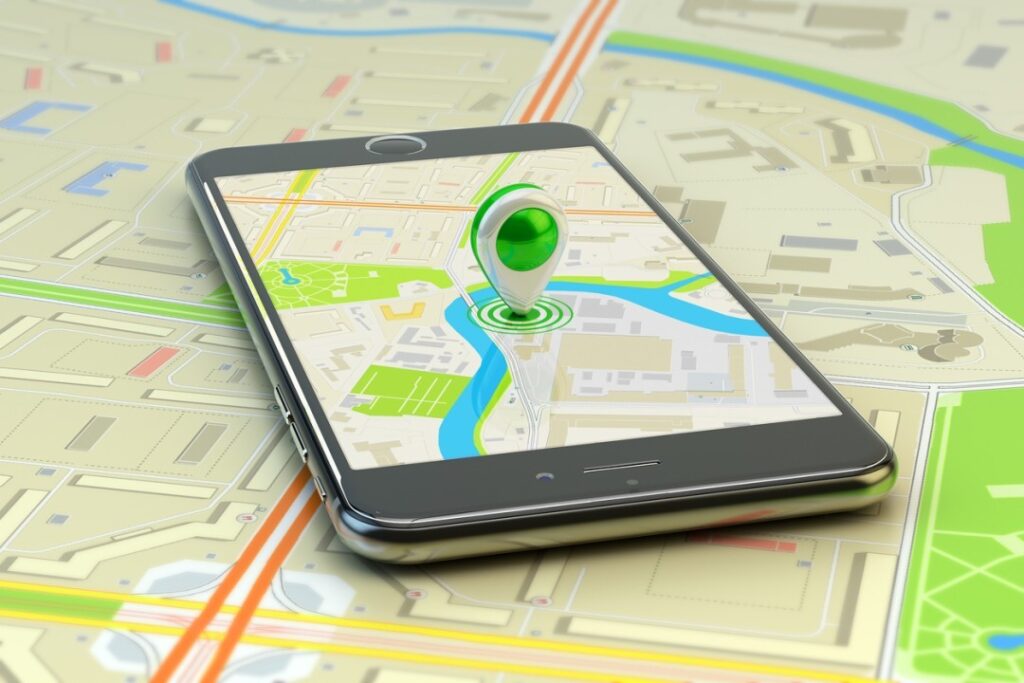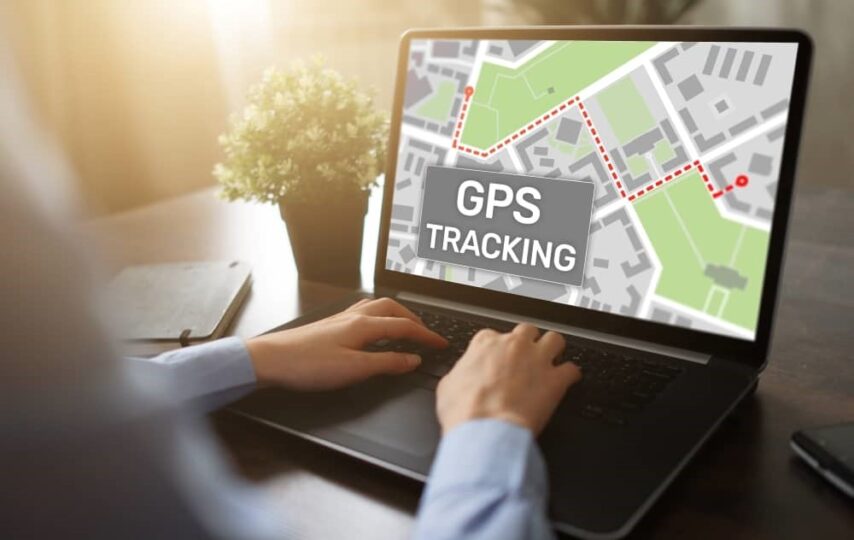If you are in charge of a fleet, a corporation, or machinery. You might be thinking about purchasing a GPS-tracking device. This is to keep an eye on and track important assets.
When selecting the finest GPS tracker for your company, especially given the increasing importance of technical and physical security, it’s crucial to find a solution that fits your specific needs. You should look for a GPS Tracker provider that offers not only effective tracking but also robust security features.
What’s GPS tracking?
This system keeps track of an object’s location. Such as a vehicle, person, animal, piece of equipment, etc. By fastening a gadget to it.
In its most basic form. The gadget has a receiver and a mechanism. To periodically record its current location, including latitude and longitude.
Uses over 30 satellites in space to monitor the position of a gadget or item. Satellites provide signals to a GPS tracker. This then uses the signal to determine the precise location of the device.
When selecting and contrasting systems, keep the following in mind:
Comparing Periodic and Real-Time Tracking
What specific tracking requirements do you have? Sometimes, to submit data on distance, momentum, or trip history. Assets like cars or employees must be able to be tracked around the clock.
A long-lasting, battery-operated tracker that only provides position updates at certain intervals. For example, every 12 hours. This may be advantageous for other assets that are left still for extended periods, such as generators or trailers.
Features
Think about the features, or combinations of features. That would best suit your company’s requirements. For instance:
- Notifications for when a valuable item enters or exits a zone and geofencing – read https://www.mass.gov/news/ag-reaches-settlement-with-advertising-company-prohibiting-geofencing-around-massachusetts-healthcare-facilities to learn more.
- Reports on driver behavior, including monitoring speed, cornering, idle time, etc.
- A history of the trip that includes routes, timings, and speeds.
- Battery or power status, showing voltage and power levels.
This will help determine if a certain platform or kind of equipment is the most appropriate.
Installation and Compatibility with Hardware
Certain cameras, sensors, and devices must be placed by qualified installers. In certain areas within or around the asset. Others just need basic tools and are quick and simple to install.
If you need to install more trackers or other devices. You might need to think about a schedule for them. As well as how many cars or assets you can take offline at once.
Power Source and Battery Life
Similarly, some assets could be better suited for monitoring instruments. Those that are autonomously supported by their batteries. Even if many may have an energy source readily available.
Such as attaching to the asset’s battery or wire loom. To prolong battery life, many battery-powered gadgets are suited for occasional tracking. Such as twice daily when stationary.
Accessibility and User Interface of Software
To ensure that no data is missing. It is essential that the application you use to access, examine, and control the tracking devices. Be user-friendly and accessible on PC, laptop, tablet, or mobile devices. Regardless of how many assets you are trailing—one or hundreds.
Future Requirements and Scalability
Each one of your monitoring devices must fluctuate in tandem with the quantity of your personal or corporate assets. As a result, you might need to think about it. Whether the provider you select can provide you with the necessary quantity of devices.
How do they go about taking away or stopping devices? Are there any restrictions on the number of devices? Especially that may be linked to your data collection dashboard.

Compliance with Data Security and Privacy
The tracking system you select complies with local data privacy laws – see this page and safeguards sensitive information. Such as whether all login credentials are password protected.
This is because of the whereabouts and condition of your assets. And the details of anyone who has access to your dashboard, are sensitive data. Is data sufficiently encrypted? Is data backed up safely?
Customer Service
Even while many companies boast about their goods and make lofty claims. Their client service and continuing support may fall well short of expectations. Make sure the partner you have selected offers both superior products and superior services.
Contractual and Financial Considerations
When selecting a GPS monitoring system, pricing must also be taken into account. This includes not only the initial hardware expenses. But also installation charges, recurring costs, and the possibility of future device number expansions.
In addition, will your selected partner be accommodating? Concerning device counts and monthly charges. Or will you be bound by a long-term agreement?
Training and Demonstrations
Purchasing an inventory management system is a significant decision. And without the opportunity to test the system out for yourself or have a demo. It can be challenging to make an informed decision.
Seek out businesses that provide thorough training and additional materials. As well as demos so that customers may try the system before committing.








